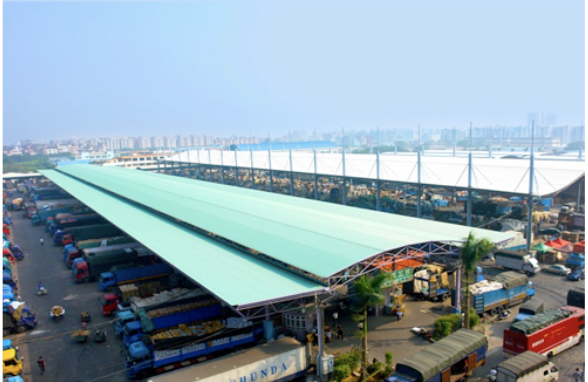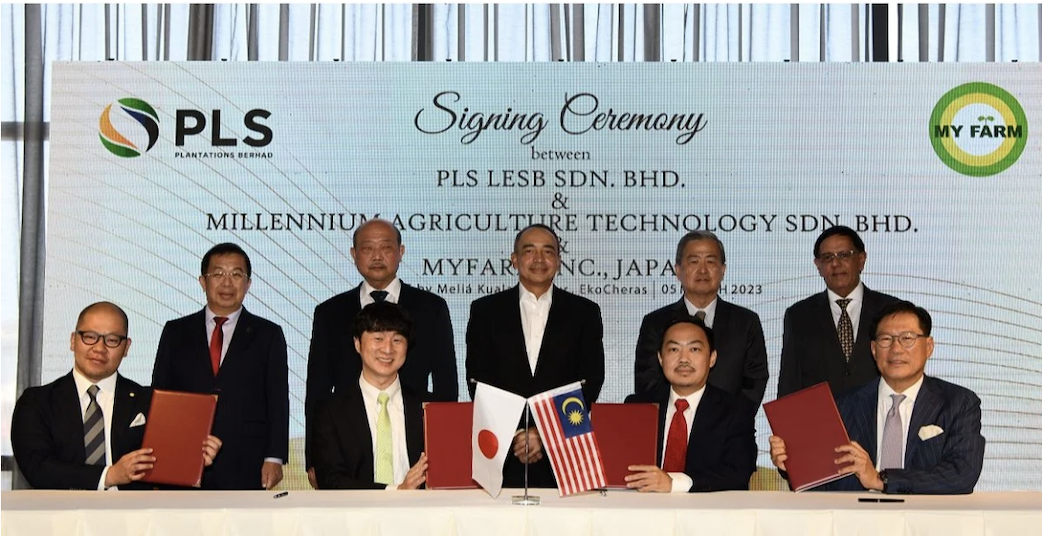There was much ado on whether Prime Minister Tun Dr Mahathir Mohamad’s visit to China was a success or failure. Here’s the one outcome that really matters most.
Last week, both governments signed a deal that finally allows Malaysian durians to be sent to China directly in whole fruit form — stalk, thorns and everything.
The door is now open for our durians to go into what is probably the biggest market there is for durians. And the returns will have even the most languorous CEOs salivating.
So gird your loins, Corporate Malaysia, very thorny manoeuvres are coming your way soon.
One hectare of Musang King trees can command RM155,250 a year, based on a price of RM25 per kg. Top-quality durian can fetch over RM100 per kg in China.
Let’s put that into perspective: a hectare of oil palm yields a sad RM17,500, according to the then agriculture minister Datuk Seri Ahmad Shabery Cheek in March.
And Musang King aside, there are approximately 130 different varieties of durian grown in Malaysia. Promoting awareness of the different textures and flavours will undoubtedly grow the market further.
That explains why loss-making oil palm planter PLS Plantations Bhd is venturing into the durian business then, paying RM21 million for a 70% stake in durian exporter Dulai Fruits Enterprise Sdn Bhd.
Clearly, the insatiable corporate lust for ever-higher plantation yield and operational efficiency could be what the industry needs to overtake Thailand in sheer volume of exports.
For the uninitiated, the durian industry in Malaysia is not in tip-top state yet — the average hectare produced 5,490kg of durian a year, yet some orchards can go up to 24,900kg per hectare with best practices.
The corporate know-how will also help since the Chinese exports can only start after Malaysia prepares a list of Malaysian Good Agricultural Practice (MyGAP) certified farms, among other things, for China’s approval.
And going into the durian business will probably be the easiest resolution to pass in any annual general meeting — just convene the AGM in a durian orchard and feed shareholders Musang King before every vote.
Expect more of these acquisitions to come. Imagine the dividend reinvestment plan: get your dividends in cash, shares or two durians per existing share.
But we should not forget that there is another side to the savoury triumph of the prime minister’s visit.
With such an immense market opening up, the consequences could be prickly for the average Malaysian looking for an affordable durian fix.
All signs point towards more Malaysian durians moving to exports and less to famous durian buffet spots around the country.
First, our appetite is growing faster than production. In 2015, our self-sufficiency ratio (SSR) for durians was 102.4% — we ate 11.2kg per capita on average.
That SSR figure has fallen slightly to 102.0% in 2016, according to official statistics.
Meantime, a very rough estimate shows we produce approximately 350,000 tonnes of durian annually. Last year, only 14,000 tonnes were exported to China.
Take a moment here to see the demand side. In 2015, China imported about 300,000 tonnes of durian, mostly from Thailand, and that figure is rising.
Reports say between 2010 and 2015, the weight of Chinese durian imports grew at a compound annual growth rate of 12%.
Therefore, the corporate-driven consolidation of Malaysian durian orchards will mean more durians will be exported and far fewer will end up in your neighbourhood durian stall.
Clearly, ensuring national durian security should also be top on the agenda after the prime minister’s big China trip.
It won’t be easy, but neither is explaining to angry voters why boosting durian export figures is more important than satisfying their cravings.
So how?
Over to you, Putrajaya.




.svg)
.svg)
.svg)